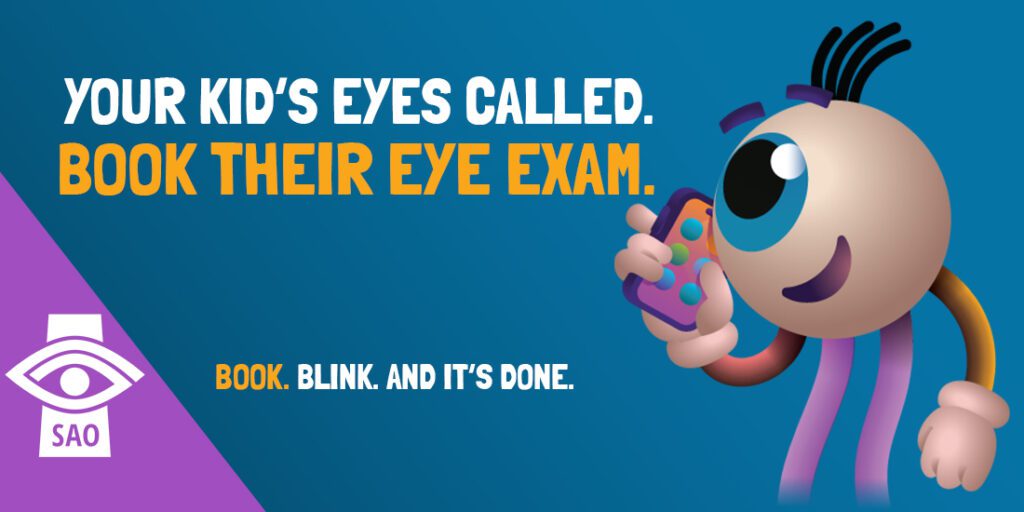LET US HELP YOU
Find An Optometrist Near You
Having the best vision possible is very important for learning and development. Unfortunately, as many as 1 in 4 children have a vision problem that may impair their ability to learn. Many children are unable to identify whether they have a vision problem due to not knowing what “normal” vision is. The Saskatchewan Association of Optometrists facilitates an awareness program to educate teachers, children, and parents/guardians on the importance of identifying and treating vision problems early so that children have a better chance to learn and develop. Saskatchewan Health covers the cost of annual eye exams for all children under the age of 18.
Search by location

0-2 Years old
Infants and toddlers should undergo their first eye examination between the ages of 6 and 9 months

2-5 Years old
Preschool children should undergo at least one eye examination between the ages of 2 and 5 years

6-19 Years old
School children aged 6 to 19 years should undergo an eye examination annually

20-39 Years old
Adults aged 20 to 39 years should undergo an eye examination every 2 to 3 years

40-64 Years old
Adults aged 40 to 64 years should undergo an eye examination every 2 years

65 Years +
Adults aged 65 years or older should undergo an eye examination annually
Children’s Screen Time
Children’s use of digital media has increased dramatically, and begins earlier in childhood. High screen time use in children is associated with a risk for obesity, poorer school performance, poorer sleep quality, risky behaviours in older children, as well as delays in critical cognition, learning and social skills in younger children.
0-2 Years - Infants & Toddlers
None, with the possible exception of live video-chatting (eg. FaceTime) with parental support, due to its potential for social development
2-5 Years - Preschool Children
No more than an hour per day of age-appropriate, educational and supervised viewing
5-18 Years - School-aged Children
No more than two hours per day of recreational screen time. Individual screen time plans should be based on development and needs.
Encourage outdoor activity over screen time. Increased prevalence or progression of nearsightedness has been linked with children spending fewer hours outdoors.


